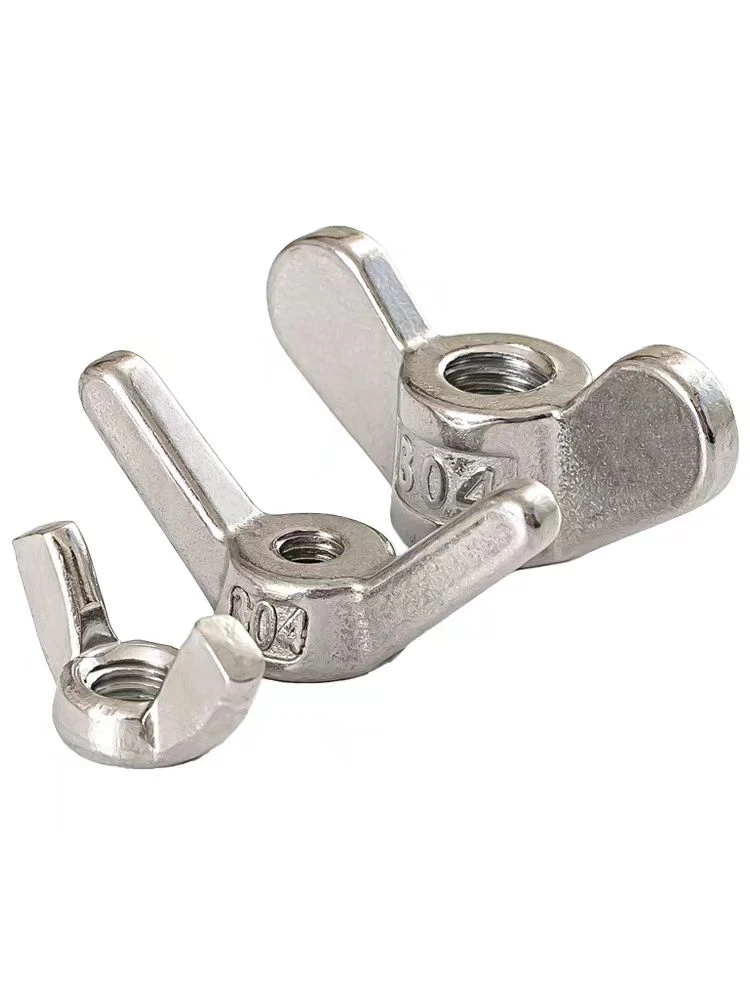

'plain washer and spring washer - a fastener'
Dec . 15, 2024 18:22 Back to list
'plain washer and spring washer - a fastener'
Plain Washer and Spring Washer Essential Fasteners in Mechanical Applications
In the world of engineering and construction, the importance of fasteners cannot be overstated. Among the numerous varieties of fasteners available, washers play a critical role in ensuring the integrity and functionality of mechanical assemblies. Two of the most commonly used types of washers are plain washers and spring washers. Each serves a specific purpose and is essential in various applications ranging from household appliances to heavy machinery.
What is a Washer?
A washer is a thin, typically disc-shaped piece of metal, plastic, or another material used to distribute load, reduce friction, or prevent leakage. Washers are often employed in conjunction with bolts and nuts in order to enhance their performance and longevity. While there are numerous types of washers available on the market, plain and spring washers are the most common in everyday applications.
Plain Washers
Plain washers, sometimes referred to as flat washers, are simple circular discs with a hole in the center. Their primary function is to provide a flat bearing surface for a nut or bolt, thereby distributing the load over a larger area. This is particularly important in preventing damage to the surfaces being joined and in minimizing the risk of the fastener loosening during operation.
Plain washers are typically made from materials such as stainless steel, carbon steel, or plastic. The choice of material depends on the specific application, load requirements, and environmental conditions. For example, stainless steel washers are preferred in outdoor or marine applications due to their corrosion-resistant properties, while plastic washers might be used in electrical applications due to their insulating capabilities.
One of the advantages of using plain washers is their versatility. They can be used in various applications, including automotive, construction, and manufacturing. Additionally, plain washers are available in various sizes and thicknesses to accommodate different fastener diameters and load specifications.
'plain washer and spring washer - a fastener'

Spring Washers
Spring washers, also known as lock washers, are designed to provide additional tension and help maintain the integrity of a joint. Unlike plain washers, spring washers have a curved shape, which allows them to exert a spring force when compressed. This characteristic enables them to maintain friction between the fastener and the material being fastened, thereby preventing loosening due to vibration or dynamic loads.
The most common type of spring washer is the split washer, which features a gap that allows it to expand and contract under load. When the bolt or nut is tightened, the split washer compresses, and its curved shape creates a spring effect that helps lock the fastener in place. This makes spring washers particularly useful in applications where vibration is a concern, such as in automotive engines or machinery operating at high speeds.
Another type of spring washer is the wave washer, which has a wavy profile and provides similar benefits as the split washer. Wave washers are often used in places requiring axial load support and vibration damping. They can be found in various applications, including electronics, automotive, and aerospace industries.
Conclusion
In summary, plain washers and spring washers are fundamental fastener components that serve distinct yet complementary purposes. Plain washers distribute load and protect surfaces from damage, while spring washers provide locking mechanisms to prevent loosening due to vibration and dynamic forces. Understanding the characteristics and applications of these washers is essential for engineers, manufacturers, and anyone involved in assembly and construction processes.
Choosing the right type of washer for a specific application can lead to improved performance, enhanced longevity, and increased reliability of mechanical assemblies. As technology advances, the development of new materials and innovative designs will continue to evolve how washers function in various industries, solidifying their role as indispensable components in modern mechanical applications. Whether you are working on a small DIY project or a large-scale construction endeavor, recognizing the importance of plain and spring washers will undoubtedly lead to better engineering practices and overall success.
Latest news
-
High-Strength Hot-Dip Galvanized Bolts-Hebei Longze|Corrosion Resistance&High Strength
NewsJul.30,2025
-
Hot Dip Galvanized Bolts-Hebei Longze|Corrosion Resistance&High Strength
NewsJul.30,2025
-
Hot Dip Galvanized Bolts - Hebei Longze | Corrosion Resistance, High Strength
NewsJul.30,2025
-
High-Strength Hot Dip Galvanized Bolts-Hebei Longze|Corrosion Resistance, Grade 8.8
NewsJul.30,2025
-
Hot Dip Galvanized Bolts-Hebei Longze|Corrosion Resistance,High Strength
NewsJul.29,2025
-
High-Strength Hot Dip Galvanized Bolts - Hebei Longze Metal Products Manufacturing Co., Ltd.|corrosion resistance&high strength
NewsJul.29,2025

